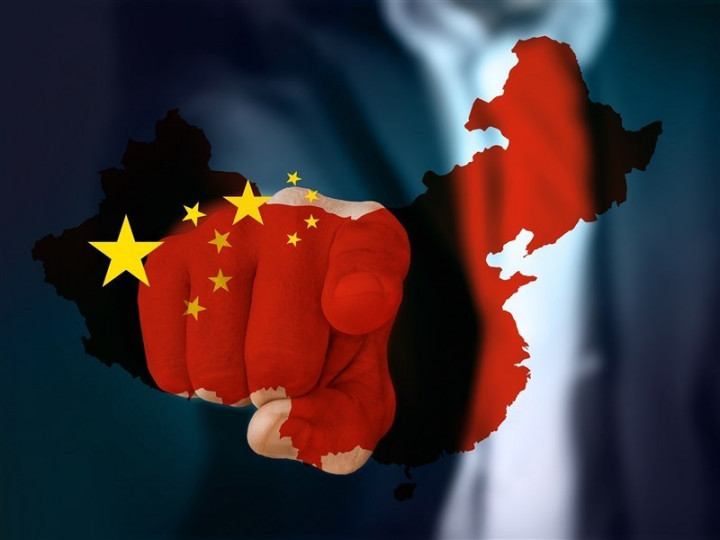
Taipei, Nov. 9 (CNA) Minister of Education Pan Wen-chung (潘文忠) on Tuesday warned all Taiwan-based colleges and universities that they are not permitted to engage in activities with Chinese individuals, groups or agencies outside the confines of Taiwan law.
Citing the Act Governing Relations Between the People of the Taiwan Area and the Mainland Area, the Ministry of Education (MOE) has warned tertiary institutions that any exchanges with China deemed as non-academic are unlawful, Pan said.
The ministry has sent a notice to all colleges and universities across Taiwan, informing them that "any cooperation with China's political parties, government or military agencies is unlawful," Pan said during a legislative hearing.
He also promised to launch an investigation into any such activities by tertiary institutions throughout Taiwan.
Pan was responding to questions in the hearing after local media reported the previous day that an office at a Taiwan university was being used as a cover to recruit talent for China's semiconductor industry.
According to reports, Taiwan's National Security Bureau uncovered the scheme, which was being carried out by an office of the Chinese-funded Cross-Strait Tsinghua Research Institute at National Tsing Hua University (NTHU) in Hsinchu City.
In its notice Tuesday, the education ministry said all cross-Taiwan Strait educational exchanges must be made in compliance with Taiwan's laws, including its Employment of Educational Personnel, to prevent any recurrence of such activities.
Academic exchanges "between the two sides must be held on an 'equal and mutually- beneficial' basis," the notice read. "All on-campus activities, including the use of facilities and rented spaces, must be in line with Article 33-1 of the Act Governing Relations Between the People of the Taiwan Area and the Mainland Area."
In the absence of permission from the relevant authority, Taiwan-based universities are not allowed to engage in any kind of cooperation with individuals; institutions; political, military or administrative agencies in China; or any political propaganda groups in that country, as such exchanges may compromise Taiwan's interests and national security, the MOE said.
On Monday, the Cross-Strait Tsinghua Research Institute office at NTHU was ordered to close and its personnel sent home.
The institute was founded in Xiamen in 2015 by the alumni association of NTHU and the Beijing-based Tsinghua University, together with Xiamen City government, according to local media reports.
In a statement issued Monday, NTHU said the institute was partly founded by several NTHU alumni but has no direct relationship with the university itself.
The institute rented an office on NTHU's Hsinchu campus via the Tze-Chiang Foundation of Science and Technology, an organization founded by NTHU alumni, the university said.
On Tuesday, NTHU reiterated that it was not involved in the operations of the institute, after former NTHU Vice President Wu Cheng-wen (吳誠文) was found to have attended the opening of the institute's office on the Hsinchu campus in April 2016 when he was on the post.
Responding to media reports on the issue, NTHU said Wu did attend the 2016 event but was not part of its operations.